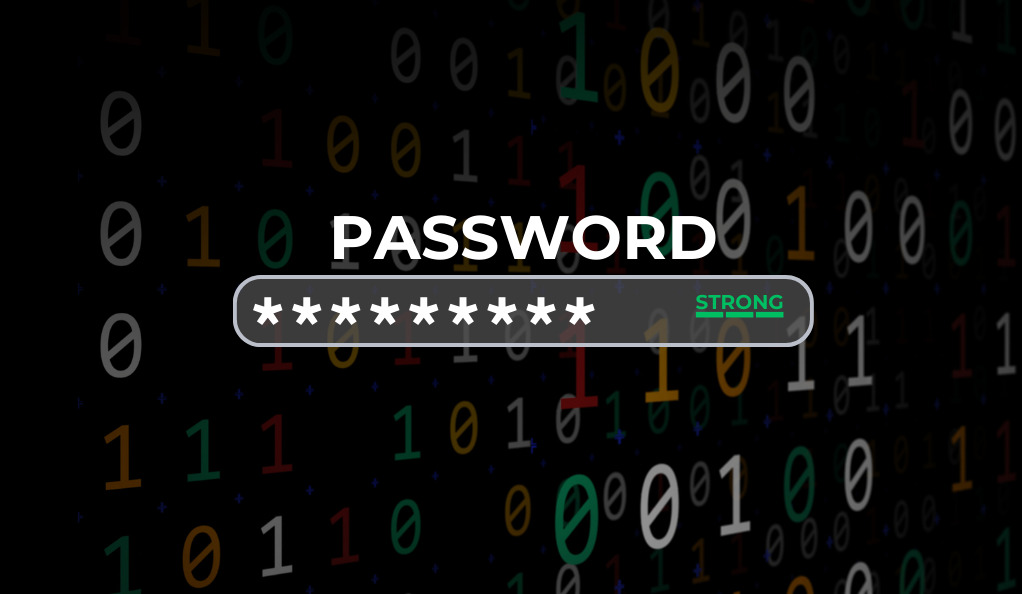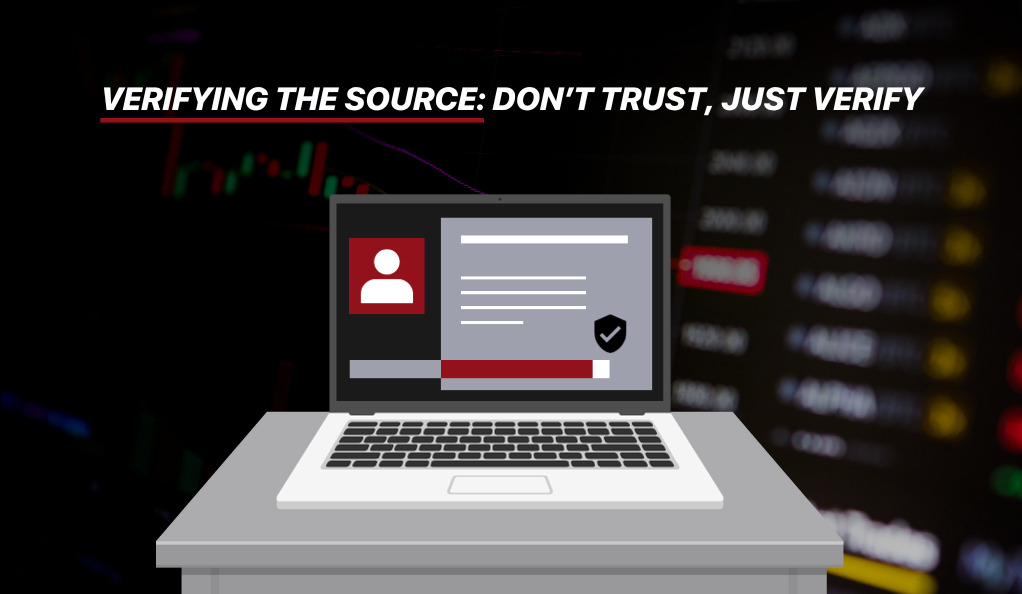Bitcoin, a groundbreaking digital currency, offers decentralization and anonymity in financial transactions. However, these features also present vulnerabilities. The lack of centralized regulation and the irreversible nature of transactions make Bitcoin an attractive target for scammers. Understanding these risks is vital for anyone involved with Bitcoin. Awareness and vigilance are key in protecting your digital assets against fraud. The next sections will further explore common Bitcoin scams and how to avoid them, providing essential insights for safe cryptocurrency dealings.
Understanding Common Bitcoin Scams
Understanding common Bitcoin scams is essential in the cryptocurrency space. Investment or business opportunity scams typically begin with an unsolicited offer, often leading to a fraudulent website where scammers promise quick profits, sometimes using fake endorsements to lure victims. However, once a transaction is made, the promised returns never materialize. Imposter or impersonation scams involve cybercriminals posing as trusted sources like government authorities or banks, requesting cryptocurrency payments. Blackmail or extortion scams see scammers demanding Bitcoin payment in exchange for not releasing compromising information. Social media scams often use fake posts or ads to lure users into making payments with high return promises. Finally, giveaway scams entice victims with the prospect of multiplied returns in exchange for an initial Bitcoin payment, which is also fraudulent.
Initial Steps to Safeguard Against Bitcoin Scams
To protect yourself from Bitcoin scams, it’s essential to adopt a cautious and informed approach. Here are some initial steps you can take:
- Verify Before Trusting: Before downloading any apps related to Bitcoin exchanges, contact your exchange provider to confirm their authenticity. This simple step can prevent falling prey to fake apps.
- Choose Reputable Exchange Providers: Stick to well-known and reputable Bitcoin exchange providers. Research any alternate investing options online before taking action, ensuring they are legitimate and have a good track record.
- Pause and Assess: If an offer seems too good to be true, it likely is. Bitcoin transactions are irreversible, so it’s vital to ensure the legitimacy of any transaction before proceeding. Stop communicating immediately if you doubt the person contacting you and never provide personal information or transfer funds until you have verified the source.
Choosing Reputable Bitcoin Exchange Providers
To further fortify against Bitcoin fraud, selecting reputable Bitcoin exchange providers is crucial. Here’s how to ensure you’re using a trustworthy service:
- Research and Verify: Investigate potential exchanges. Check user reviews, security features, and regulatory compliance. Websites like Bitcoin.org provide lists of recognized exchanges.
- Look for Security Features: A reputable exchange should offer strong security measures like two-factor authentication (2FA), cold storage for funds, and encrypted databases.
- Check for Regulatory Compliance: Exchanges adhering to regulatory standards are often more reliable. Look for exchanges that comply with Anti-Money Laundering (AML) and Know Your Customer (KYC) regulations.
- Compare Fees and Services: Consider transaction fees, withdrawal limits, and customer support services. Lower fees shouldn’t compromise security features.
Strong Passwords: Your First Line of Defense

Effective password management is a critical step in protecting your Bitcoin and other online accounts from fraud:
- Avoid Reusing Passwords: Using the same password across multiple accounts is a common vulnerability. If one account is compromised, all accounts with the same password are at risk.
- Create Complex Passwords: Strong passwords typically include a mix of upper and lower case letters, numbers, and special characters. The more complex, the harder it is for hackers to crack.
- Use a Password Manager: A reliable password manager can generate and store complex passwords for you. This not only enhances security but also makes it easier to manage different passwords for various accounts.
- Change Passwords Regularly: Regularly updating your passwords can help protect against ongoing threats. While it may seem inconvenient, it’s a vital step in maintaining account security.
Cross-Checking Against Reported Bitcoin Scam Websites
One effective way to avoid falling for Bitcoin scams is to stay informed about known fraudulent sites. Here’s how you can do this:
- Use Bitcoin Scam Reporting Websites: Websites like BitcoinAbuse.com list Bitcoin addresses and websites reported for fraudulent activities. Regularly checking these can alert you to known scams.
- Bookmark Reliable Resources: Keeping a bookmarked list of trusted resources for cross-referencing can save time and add an extra layer of security.
- Verify Before Transacting: Before engaging in any Bitcoin-related transactions, verify the legitimacy of the website or address. If a site is new to you, take the time to research its background and reputation.
- Be Skeptical of Unfamiliar Sites: Exercise caution with unfamiliar websites, especially those promising high returns with low risk.
Verifying the Source: Don’t Trust, Just Verify

In the realm of Bitcoin transactions, verifying the credibility of the source is paramount:
- Question Unsolicited Contacts: If you receive a call or message asking for Bitcoin payments, especially from supposed government agencies or financial institutions, be wary. Scammers often impersonate credible entities.
- Double-Check Caller Claims: Before acting on any requests for payments, independently verify the caller’s identity. Contact the organization directly using official contact information, not the details provided by the caller.
- Look Out for Red Flags: High-pressure tactics, threats, or promises of outsized returns are common red flags. Legitimate organizations do not operate in such manners.
- Use Official Communication Channels: If in doubt, initiate contact through official channels like the organization’s verified website or customer service line.
Setting Up a Bitcoin Wallet for Enhanced Security
A Bitcoin wallet is an essential tool for securely managing your cryptocurrency:
- Types of Wallets: There are various types of Bitcoin wallets, including hardware, software, and paper wallets. Each has its own security features and use cases.
- Hardware Wallets: These provide robust security by storing your Bitcoin offline. They are immune to online hacking attempts and are ideal for storing large amounts of Bitcoin.
- Software Wallets: These are applications installed on your computer or smartphone. While convenient, they require careful security management, such as regular updates and antivirus protection.
- Paper Wallets: Essentially a physical copy of your Bitcoin information, paper wallets are immune to online hacks but must be kept securely to prevent physical theft or damage.
- Regular Backups: Ensure you regularly back up your wallet, especially after every transaction. This can be crucial in recovering your Bitcoin in case of device failure or theft.
Conclusion
In conclusion, safeguarding your Bitcoin investments requires a combination of knowledge, vigilance, and proactive security measures. Understanding common scams, choosing reputable exchange providers, managing strong passwords, cross-checking scam websites, verifying sources, and using secure Bitcoin wallets are all crucial steps in this journey. Remember, the world of cryptocurrency is dynamic and evolving, so staying informed and cautious is key. By following these strategies, you can significantly lower the risk of falling victim to Bitcoin fraud and confidently navigate the exciting realm of digital currency.
